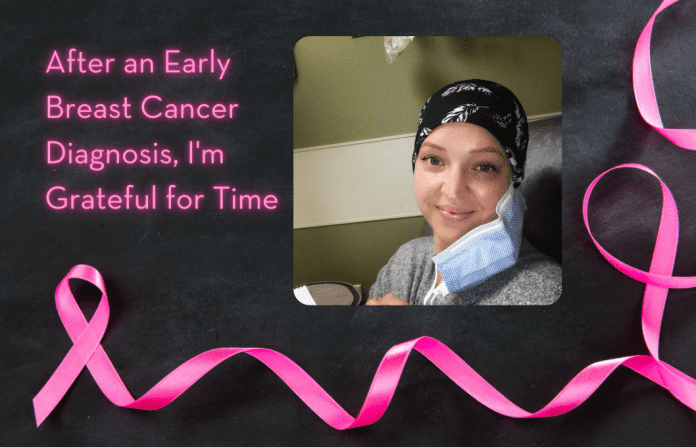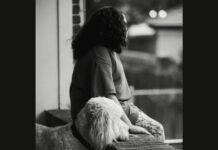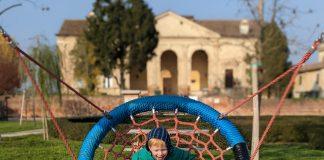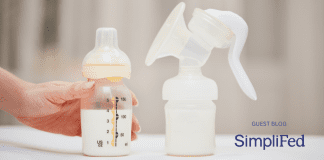Time is a precarious thing, most especially for us as parents living a life in the military.
It either can’t pass quickly enough (deployments and Mondays as a SAHM), or it slips
right through our fingers (what do you mean my baby is 3 and my 3-year duty station in
Europe is already over?). I’m 33 and remarkably healthy, minus an affinity for French fries
and wine. I could blame our 3-year tour in Belgium for those vices, but who am I kidding?
Speaking of time, I’m not quite sure how 33 years have already passed me by. But I also know that I’m supposed to have a lot of life left to live. I have 2 small toddlers, a husband in a military residency working 80+ hour weeks, and we’re in the middle of a pandemic.
Time…what a thing right now.
 But guess what? Disease doesn’t care about how vibrant or happy or busy you are, and it
But guess what? Disease doesn’t care about how vibrant or happy or busy you are, and it
definitely doesn’t care how much time you’re supposed to have left. Because 10 years and 1 day after my mom received her breast cancer diagnosis, I received mine.
The shock and devastation took some time to wear off, but talk about a roller coaster.
Scan after scan and biopsy after biopsy, an unclear diagnosis led to an exploratory surgery veiled as a mastectomy, and BOOM. Invasive ductal carcinoma.
I had found a lump after weaning my son (actually let me rephrase that…he weaned himself because apparently that prima donna wasn’t into tumor milk). After countless clogged ducts, I was 100% certain this was another one, but I had no idea how to clear it since I was no longer producing milk.
Thank heavens for the pain.
Thank goodness for the gut instinct to investigate.
Thank God for providers who escalated immediately to scans and biopsies.
That clugged duct was miraculously only Stage 1 cancer.
So here I am, 6 months later: bald, one boob shy of a full set, and a bit worn around the edges. But I’m here, and I’m manifesting and wholeheartedly believing that I’m going to stay here.
There were a multitude of emotions in processing cancer and in the lead up to losing a breast. There were a lot of “why’s”, “why me’s”, and a lot of “but this is a really bad time” and “I’m supposed to have so much more time.” It had been a funny journey with these breasts of mine. For 30 years, they were always either too small or too big, over-sexualized or just plain in the way.
Then they gave life to my babies and took on a whole new meaning.
Then they were trying to kill me (cool, cool, we’ll unpack that pile of ironic garbage later).
 It was foolish and prideful to think I would never lose them to something that takes a lot from at least 1 in 8 women. And while breast cancer at 32 put me in extraordinarily slim margins (just 0.4% likelihood), the lifetime chance of breast cancer for women is a whopping 12%. And that’s without counting for family history and genetic mutations.
It was foolish and prideful to think I would never lose them to something that takes a lot from at least 1 in 8 women. And while breast cancer at 32 put me in extraordinarily slim margins (just 0.4% likelihood), the lifetime chance of breast cancer for women is a whopping 12%. And that’s without counting for family history and genetic mutations.
Breast cancer as a military spouse has been hard to navigate in every way, similar to any other condition that is hard to navigate when it comes to PCM’s and referrals and Tricare. But after a handful of conversations and a litany of observation with all my new “breast” friends, I’ve heard over and over again about delayed scans because of providers’ doubts, a change in treatment plans because of insurance coverage, or a lack of appointment availability due to Covid or quite simply, a lack of care availability or access in general. In light of those perspectives, I couldn’t feel more blessed for Tricare. Those are words I never imagined I’d mutter.
We, in the military community, have access to mostly free healthcare. And while at times we get what we pay for, we overwhelmingly have access. What a gift.
This is my plea to you to utilize that access and to take advantage of every one of those free medical resources available to you. Think right now of the symptoms you ignored while you were maxed out as a working or stay at home parent during a deployment or quarantine and home schooling. Make yourself aware of what symptoms look like and are cause for concern based on your gender, family history, or ethnic background. Heart disease looks different in women than in men. Ovarian cancer looks extremely different at Stage 1 versus Stage 3 or 4. Breast cancer outcomes are wildly and unjustly less positive in women of color.
 If I’ve learned anything in the last 6 months, it has been how important time is.
If I’ve learned anything in the last 6 months, it has been how important time is.
Not just the time I want to fight to have left with my babies and husband exploring this great big beautiful world, but the time it takes to diagnose a condition. I will complete over 18 months of active cancer treatment: 3+ major surgeries, a handful of minor ones, 12 weeks of chemotherapy, and 1 year of immunotherapy infusions. This does not even include the long term complications from side effects or visits to address my newfound need for mental healthcare and reproductive endocrinology.
All this, and I had Stage 1 breast cancer.
I think often of how differently this could have played out if I’d been diagnosed at Stage 2 or 3 and especially 4. Time is of the essence in these things, and that is not said in an effort to fear monger but to urge action over inaction when all the resources and availability for care are there. It may take significant effort, a fight with providers, and a mountain of time on hold with Tricare. But taking the time to know my body (allow me to introduce you to the mantra “Feel it on the First”!), get a mammogram when I felt something was amiss, and demand one, despite being in the midst of a global pandemic, is what saved me.
I’m certain it saved if not just my life but at least a whole lot of heartache
and time.
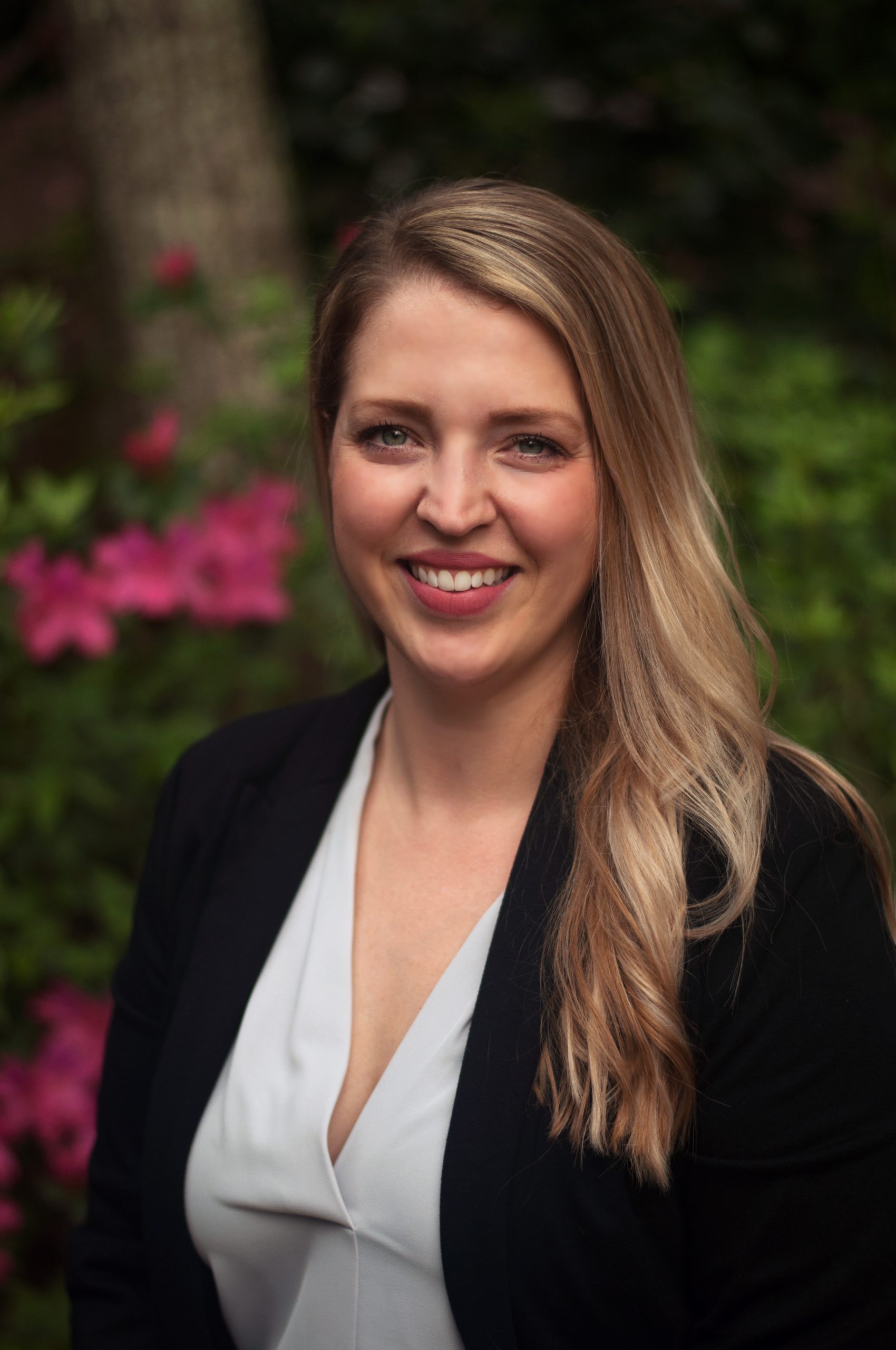 Samantha is currently a stay at home mama to two toddlers but was a Business Coach and Consultant in her first adult life. A Midwestern girl at heart, she married her college sweetheart from Nebraska and has been on the Army Active Duty ride with him since they both completed graduate school – 7 years now! They’ve already enjoyed duty stations in Oklahoma, Belgium, and the Florida panhandle and currently reside in San Antonio, TX. They’ve loved traveling – specifically, eating and drinking their way around the world together – but have become homebodies in the time of babies, Covid and… a breast cancer diagnosis. In her very limited free time when not undergoing treatment or negotiating snacks, screen time or plate colors for her littles, Samantha enjoys yoga, spinning, writing, cooking and wine. You can connect with her on LinkedIn and Instagram.
Samantha is currently a stay at home mama to two toddlers but was a Business Coach and Consultant in her first adult life. A Midwestern girl at heart, she married her college sweetheart from Nebraska and has been on the Army Active Duty ride with him since they both completed graduate school – 7 years now! They’ve already enjoyed duty stations in Oklahoma, Belgium, and the Florida panhandle and currently reside in San Antonio, TX. They’ve loved traveling – specifically, eating and drinking their way around the world together – but have become homebodies in the time of babies, Covid and… a breast cancer diagnosis. In her very limited free time when not undergoing treatment or negotiating snacks, screen time or plate colors for her littles, Samantha enjoys yoga, spinning, writing, cooking and wine. You can connect with her on LinkedIn and Instagram.


